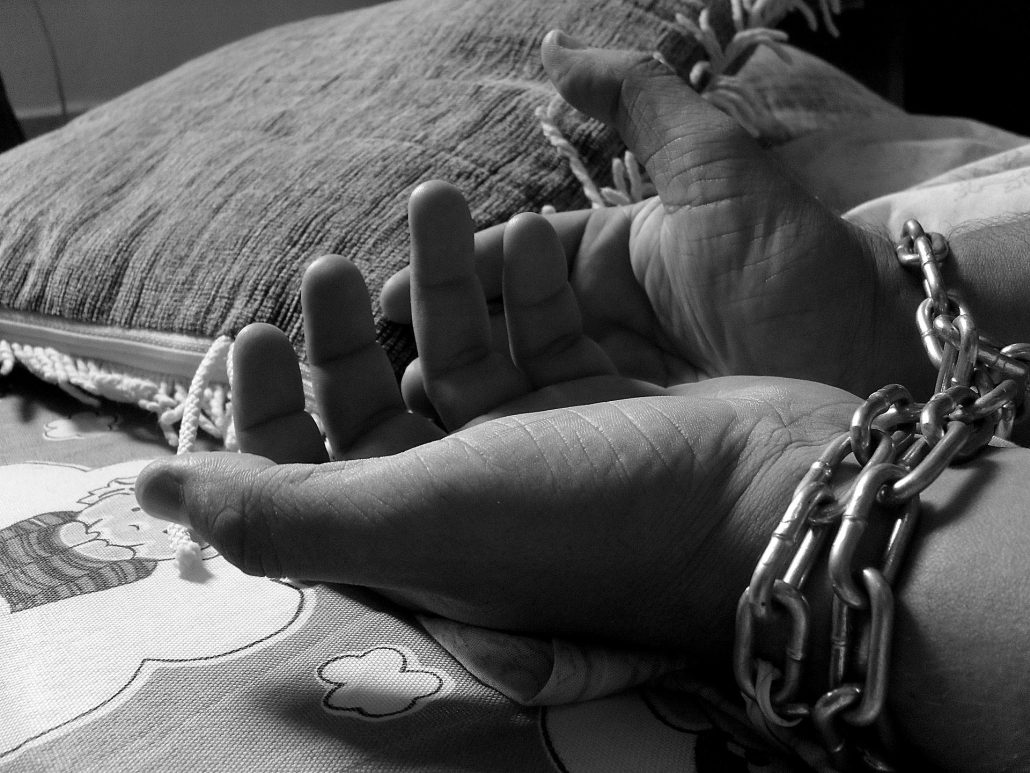What role do financial sanctions play in the fight against modern slavery and human trafficking?
Dr. Erica Moret has written a very interesting article on human trafficking and its fight through financial sanctions. We summarize this below.
Human trafficking is the modern form of slavery. It is the illegal trade in human beings: Children, women and men from all over the world are detained, transported, bought, sold and forced to work against their will. It is probably one of the most profitable criminal businesses in the world, bringing in about $150 billion annually. Financial sanctions can play an important role in combating human trafficking and modern slavery worldwide.
To date, the United Nations has imposed targeted sanctions against modern slavery and human trafficking in only a limited number of cases. Other countries, such as the United States, the EU, the United Kingdom, Canada, and Australia, have developed their own autonomous (or unilateral) sanctions to address the global challenge, or have begun to create legal frameworks that will enable the future development of such sanctions. The main challenge is that the use of these types of sanctions to combat modern slavery and human trafficking is not yet widespread. When they are used, they are limited to asset freezes and travel bans. Some do not directly address modern slavery and human trafficking, but address the problem under broader concepts such as human rights or conflict resolution.
- UN sanctions to combat modern slavery and human trafficking:
Currently, sanctions are not widely used by the United Nations to combat modern slavery and human trafficking. Only certain aspects of modern slavery and human trafficking are addressed, such as the recruitment and use of child soldiers. The main challenge is enforcement of sanctions and support from governments and law enforcement agencies in the affected countries. The United Nations' rationale for using sanctions to combat modern slavery and human trafficking is currently poorly communicated. - U.S. Sanctions to Combat Modern Slavery and Human Trafficking:
The U.S. has long employed sanctions that focus on transnational organized crime, corruption, and drug trafficking. This is important in the context of modern slavery and human trafficking because close cooperation with law enforcement is essential. The United States has imposed numerous import restrictions and non-humanitarian/non-trafficking funding requirements that can be considered de facto sanctions. However, they do not yet have a concerted sanctions strategy to address the problem across the full range of sanctions regimes. Future U.S. use of sanctions to combat modern slavery and human trafficking will likely focus on human rights and transnational organized crime sanctions regimes.
Currently, international actors face numerous challenges in imposing and optimizing the effectiveness of sanctions to combat human trafficking and modern slavery. However, collaboration between countries and organizations, further research on the topic, and technologies such as the UN Sanctions App could be some of the first steps in overcoming these challenges.



